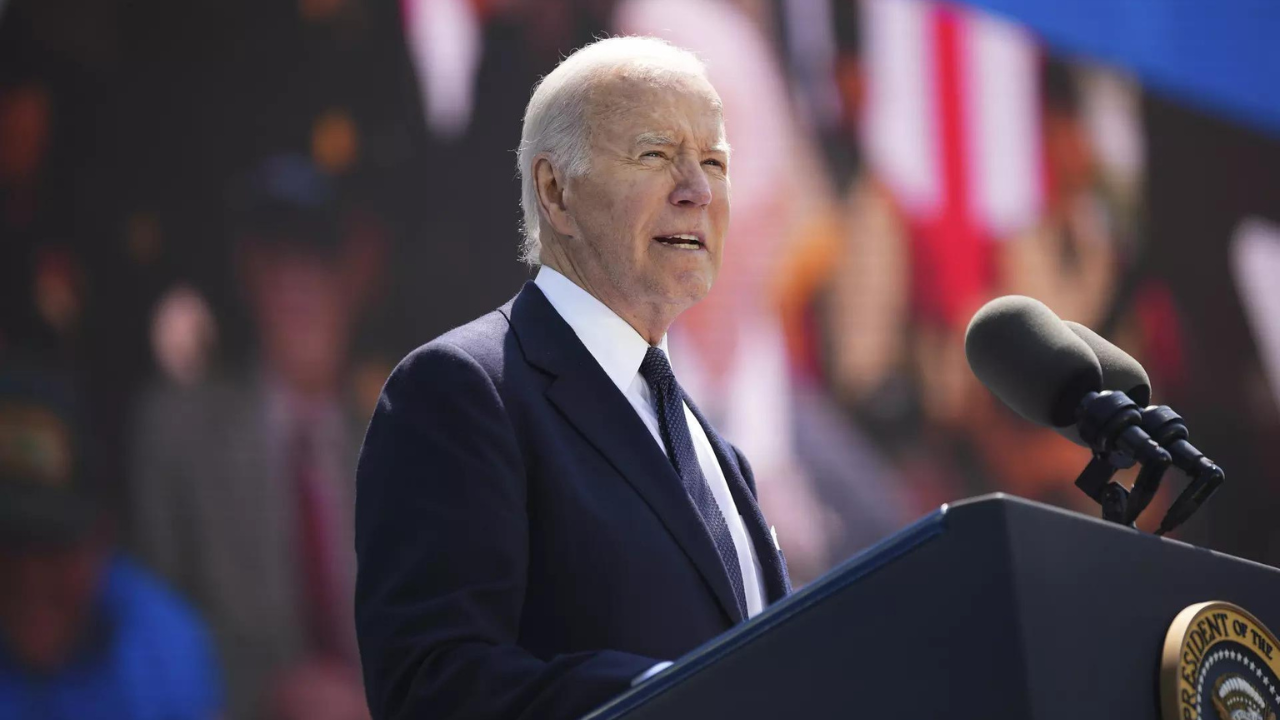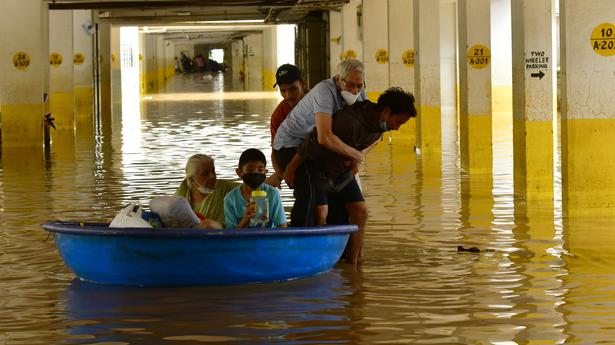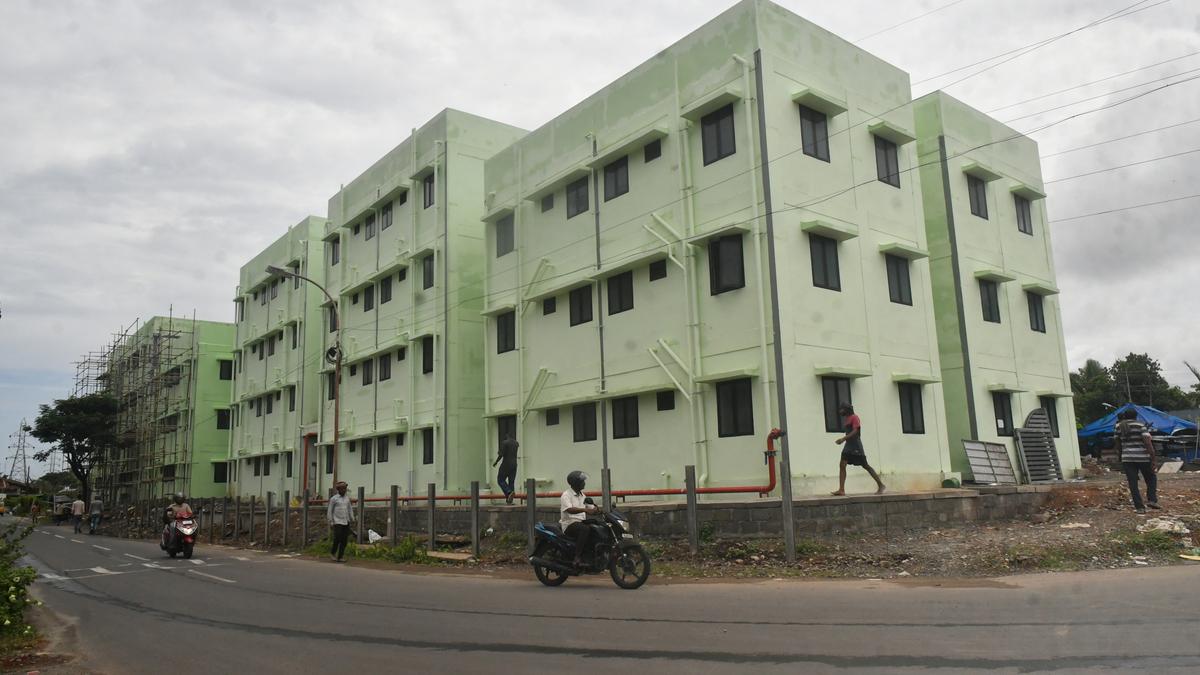Kargil Vijay Diwas:
India is celebrating the 23rd anniversary of the Kargil Vijay Diwas on Tuesday. On this day in 1999, the Kargil War, also known as the Kargil conflict, formally came to an end, with Indian soldiers successfully recapturing mountain heights that had been seized by Pakistani intruders.

The Indian Army defeated Pakistan on July 26, 1999. Since then, the day is commemorated as Kargil Vijay Diwas to remember the pride and courage of the Indian armed forces.
India is celebrating the 23rd anniversary of the Kargil Vijay Diwas on Tuesday. On this day in 1999, the Kargil War, also known as the Kargil conflict, formally came to an end, with Indian soldiers successfully recapturing mountain heights that had been seized by Pakistani intruders.
After the Indo-Pakistani War of 1971, there had been a long period of relatively few direct armed conflicts involving the military forces of the two neighbors – notwithstanding the efforts of both nations to control the Siachen Glacier by establishing military outposts on the surrounding mountains ridges and the resulting military skirmishes in the 1980s. During the 1990s, however, escalating tension and conflict due to separatist activities in Kashmir, as well as the conducting of nuclear tests by both countries in 1998, led to an increasingly belligerent atmosphere.
In an attempt to defuse the situation, both countries signed the Lahore Declaration in February 1999, promising to provide a peaceful and bilateral solution to the Kashmir conflict. During the winter of 1998–1999, some elements of the Pakistani Armed Forces were covertly training and sending Pakistani troops and paramilitary forces, into territory on the Indian side of the line of control (LOC). The infiltration was code-named "Operation Badri". The aim of the Pakistani incursion was to sever the link between Kashmir and Ladakh and cause Indian forces to withdraw from the Siachen Glacier, thus forcing India to negotiate a settlement of the broader Kashmir dispute. Pakistan also believed that any tension in the region would internationalize the Kashmir issue, helping it to secure a speedy resolution. Yet another goal may have been to boost the morale of the decade-long rebellion in the Indian State of Kashmir by taking a proactive role.



 sujathadh
sujathadh 













![Match highlights: Rafael Nadal recovers to down Rinky Hijikata in first round clash | 2022 US Open [VIDEO]](https://i0.wp.com/rafaelnadalfans.com/wp-content/uploads/2022/08/Rafael-Nadal-beats-Rinky-Hijikata-4-6-6-2-6-3-6-3-in-his-US-Open-opener-2022-11.jpg?fit=1024%2C683&ssl=1)





















